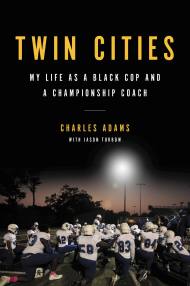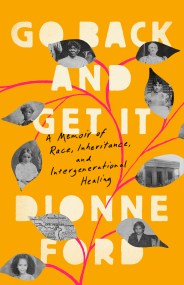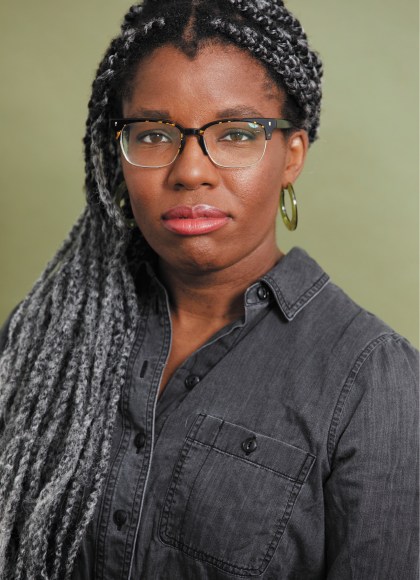Admissions
A Memoir of Surviving Boarding School
Contributors
By Kendra James
Read by Mela Lee
Formats and Prices
Price
$24.99Format
Format:
- Audiobook Download (Unabridged) $24.99
- ebook $12.99 $16.99 CAD
- Hardcover $29.00 $37.00 CAD
- Trade Paperback $18.99 $23.99 CAD
Also available from:
Early on in Kendra James’ professional life, she began to feel like she was selling a lie. As an admissions officer specializing in diversity recruitment for independent prep schools, she persuaded students and families to embark on the same perilous journey she herself had made—to attend cutthroat and largely white schools similar to The Taft School, where she had been the first African-American legacy student only a few years earlier. Her new job forced her to reflect on her own elite education experience, and to realize how disillusioned she had become with America’s inequitable system.
In ADMISSIONS, Kendra looks back at the three years she spent at Taft, chronicling clashes with her lily-white roommate, how she had to unlearn the respectability politics she’d been raised with, and the fall-out from a horrifying article in the student newspaper that accused Black and Latinx students of being responsible for segregation of campus. Through these stories, some troubling, others hilarious, she deconstructs the lies and half-truths she herself would later tell as an admissions professional, in addition to the myths about boarding schools perpetuated by popular culture.
With its combination of incisive social critique and uproarious depictions of elite nonsense, ADMISSIONS will resonate with anyone who has ever been The Only One in a room, dealt with racial microaggressions, or even just suffered from an extreme case of homesickness.
-
"[A]n eye-opening examination of race, class, and privilege in America."Publishers Weekly
-
"What an extraordinary, razor-sharp book! Kendra James offers a gimlet-eyed insider’s view of being an outsider, painting the complicated world of elite schooling with such vividness and dark humor. This is a crucial account for our moment—asking and answering the question of how power is held, shifted, and grasped after by even the youngest in our society. I raced through the pages of Admissions, hungry for James’s voice and brilliant insights. The schooling she writes about may have been exclusive, but this book will electrify every reader."R. Eric Thomas, bestselling author Here For It
-
“Through frequent pop culture allusions and a dry sense of humor, Kendra James reveals a world largely unexamined—the life of an American Black girl at a prestigious boarding school. Readers will shake their heads at young Kendra’s nerdy naïveté and frown at her classmates’ bigotry and bullying. As Kendra discovers the fallout of her own parents’ respectability politics and intraracial biases, she also learns more about her own identity and how she wants to navigate her life. Kendra James’ honest reflections as she looks back on what it means to be Not Like the Others will leave readers thinking about their own experiences with privilege and marginalization. Admissions is a captivating memoir, highlighting the complicated notions of upward mobility, belonging, entitlement, and community. Kendra has written a true eye-opener.”Nichole Perkins, author of Sometimes I Trip on How Happy We Could Be
-
"Admissions is a memoir of the highest caliber."Bitch Media
- On Sale
- Jan 18, 2022
- Publisher
- Hachette Audio
- ISBN-13
- 9781549187162
Newsletter Signup
By clicking ‘Sign Up,’ I acknowledge that I have read and agree to Hachette Book Group’s Privacy Policy and Terms of Use








